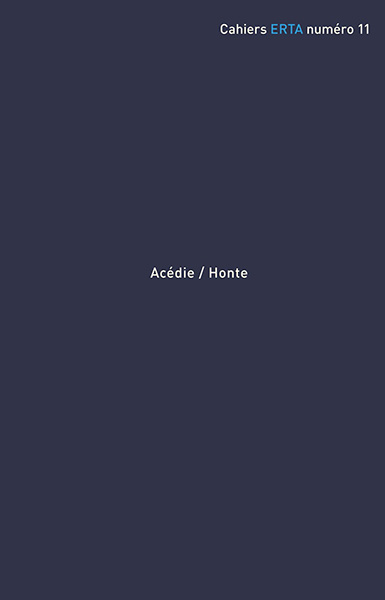Primo Levi, quarante ans d'écriture de la honte. Du sentiment de honte du détenu à la honte métaphysique du rescapé
Mots-clés :
Primo Levi, shame, genocideRésumé
Shame is definitely a key notion in Primo Levi's work. In his last book, entitled The drowned and the saved, Primo Levi tries to analyze the difference between the shame he felt as a prisoner in Auschwitz, and another type of shame, which he experienced back in the free world. His attempt is way less clear than first meets the eye: it reveals the bitter struggle taking place in the depth of his identity, and leads to what could be called a destructive metaphysic of shame. This raises the question: how to read Primo Levi's masterpieces knowing they are infected by the “Auschwitz poison” which was lethal for the writer himself?
Téléchargements
Références
Anissimov M., Primo Levi ou la tragédie d'un optimiste, Paris, J.‐C. Lattès, 1996.
Durmarque D., Philosophie de la Shoah, Lausanne‐Paris, L'Âge d'Homme, 2014.
Levi P., La Trêve, E. Genevois‐Joly (trad.), Paris, Grasset, 2012.
Levi P., Les Naufragés et les rescapés, A. Maugé (trad.), Paris, Gallimard, 2000.
Levi P., Si c'est un homme, M. Schruoffeneger (trad.), Paris, Julliard, 2012.
Mesnard P., Primo Levi, le passage d'un témoin, Paris, Fayard, 2011.

 Revues scientifiques académiques
Revues scientifiques académiques





